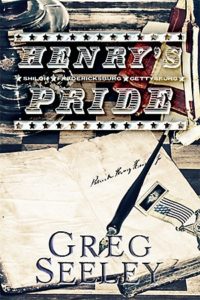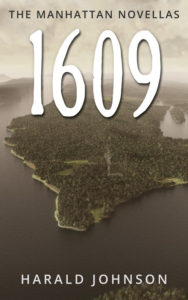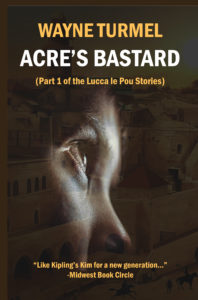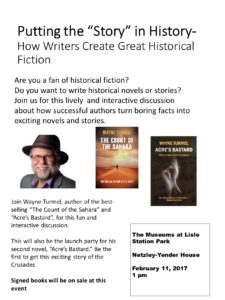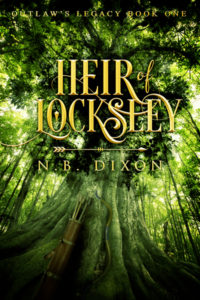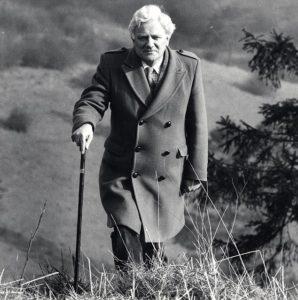
Richard Adams, author of Watership Down, died this week. Although talking bunnies in the English countryside are a long way from the Crusades, he and I have (had?) at least one philosophy in common–“there are no such things as children’s books.”
I know it’s tacky and self-serving turning the loss of a writer into a discussion about my new book, Acre’s Bastard, but there’s a point to be made, so indulge me.
Watership Down, because it involves talking rabbits, is sometimes (very mistakenly) thought of as a children’s book. Adams’ point was that a book is a book. If you can read, then the book is for you. Now, to make this about me again, that’s one reason I intentionally avoided making the tale of Lucca and his adventures, “YA.” Yes, the hero is a young boy. Yes it’s an adventure story that anyone over the age of 14 or 15 can enjoy. That doesn’t mean it’s meant for a younger audience or that adults can’t enjoy it guilt-free.
In fact, one reason my former publishers at The Book Folks (blessings be upon them) turned this book down, is the fear that adults won’t read about a young boy, and younger readers will be appalled or offended by the violence and terror Lucca goes through. I don’t believe that. So far, my readers and reviewers haven’t either.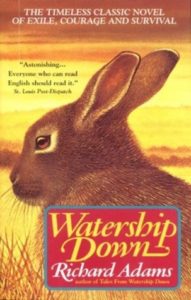
The fact is, a good story is a good story. Jim Hawkins, Luke Skywalker and Kim were young boys thrust into violent situations and thrilling adventures. Treasure Island and the lot were written for a general audience, before marketing people segregated the audience and school libraries were the final arbiters of what was appropriate reading material.
The recent violence in Aleppo only goes to show that children are often caught in wartime, and combatants don’t care what’s “appropriate for children.” That’s what Acre’s Bastard is about. Yes, it might not be for all young readers (although I’d have read it at 15.) That’s why I rejected the original title of “Acre’s Brat,” lest it entice those not ready to tackle the subject matter. You have to play fair with the audience, after all.
Richard Adam’s allegorical rabbits weren’t intended solely for a young audience, although it didn’t talk down to, or exclude them either. I hope the same is true of my book. I hope teen readers will thrill to Lucca’s adventures and identify with his spirit, and older audiences won’t be put off by the idea that it’s about a child so must be for younger audiences.
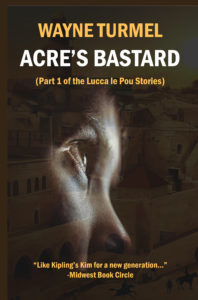
Acre’s Bastard is available for pre-order now at Amazon, Barnes and Noble and Chapters online. The Ebook will be available January 17, and the paperback February 8.
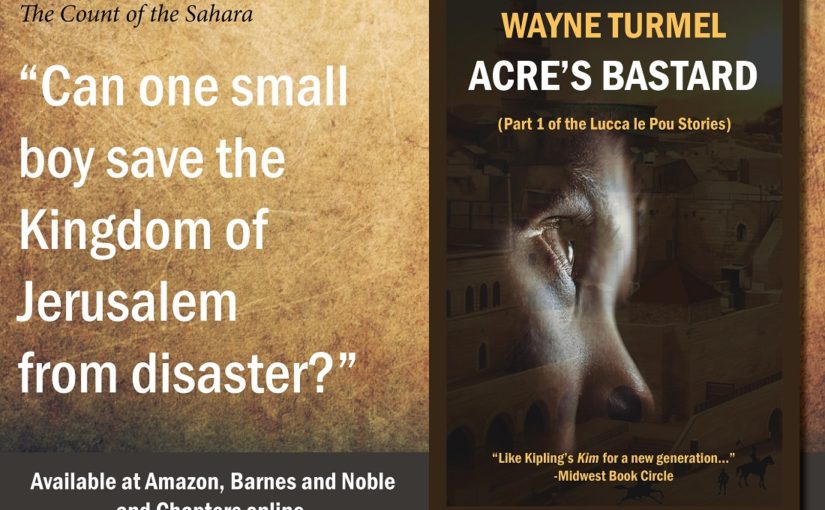
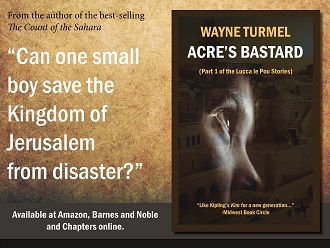
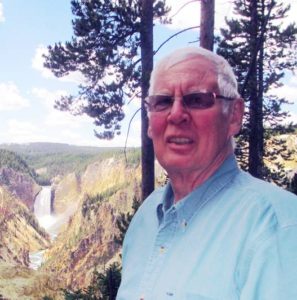 Greg Seeley was raised on a farm north of Afton, Iowa. He graduated from the University of Northern Iowa with a major in history and received his Master’s degree from the University of Iowa. He is a retired certified public accountant and lives in Overland Park, Kansas with his wife Carolyn, a retired math teacher.
Greg Seeley was raised on a farm north of Afton, Iowa. He graduated from the University of Northern Iowa with a major in history and received his Master’s degree from the University of Iowa. He is a retired certified public accountant and lives in Overland Park, Kansas with his wife Carolyn, a retired math teacher. 